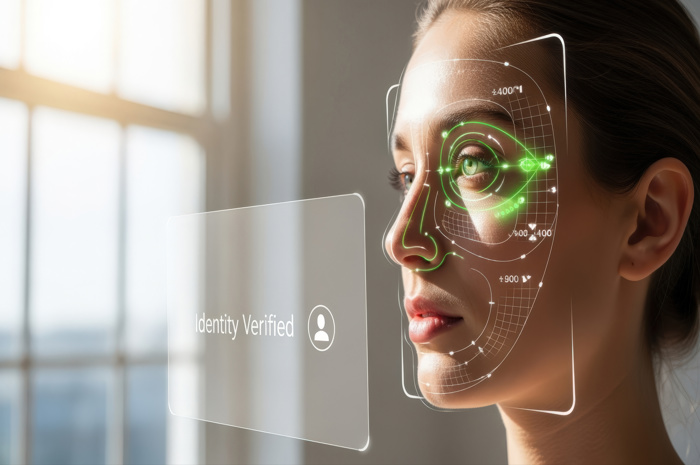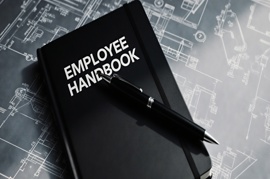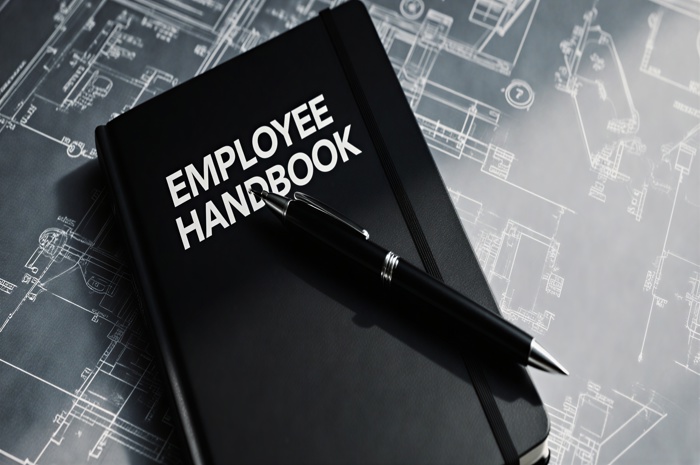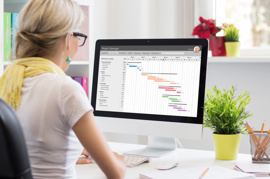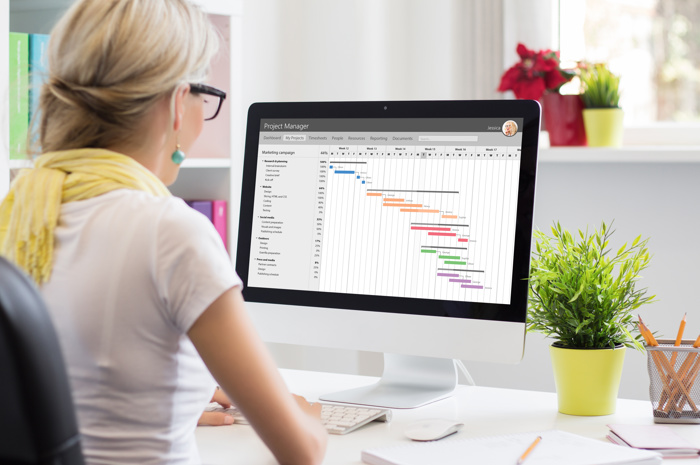What is a Sole Trader?
A Sole Trader is a type of business structure where the business is run by a self-employed individual. A key difference between the structure of sole traders and that of a limited entity is that the sole trader's business is not a separate legal entity to them as an individual. Whereas a limited entity that has been incorporated with Companies House acts as its own separate entity for legal and taxation purposes.
As a sole trader you will have control over how the business is operated, empowering you to decide how best to utilise the businesses assets as well as decide how to use the business profits.
Although, there is a downside to being a sole trader, which is that your business isn't separate to yourself as an individual. This means that if the business incurs any debts, you as the sole trader will be liable for the business's debts. Therefore, if the business debts are not paid then your personal assets could be at risk of being taken to pay off the business's debts.
Should I Pay Corporation Tax As A Sole Trader?
If you have decided to operate your business as a sole trader this would mean that you have chosen to forgo incorporating your business with Companies House. Therefore the business would not be required to file Annual Accounts to Companies House nor would you have to file a Corporation Tax Return to HMRC. This is because corporation tax is only required to be paid if your business is a Limited Company that has been incorporated in the UK with Companies House and it has received a 'Notice to File a Company Tax Return' from HMRC.
As a sole trader's business is not incorporated with Companies House it is therefore not a Limited Company and the answer to the question of 'Should I pay corporation tax if I am a Sole Trader?' is No!
What Taxes Should I Pay As A Sole Trader?
In this section you can learn about the taxes that a sole trader can expect to encounter at the end of their tax year:
Income Tax
As we have learnt in the previous section, sole traders do not pay corporation tax to HMRC. Instead, a sole trader pays income tax on their earnings from their business's trading.
To calculate the amount of income tax that a sole trader would be due to pay to HMRC at the end of their tax year they would need to file a self assessment return. A self assessment return may also be referred to as a SA100, this is simply the name of the self assessment form that is submitted to HMRC at the end of the tax year.
As a sole trader you will be taxed on the profits generated from the trading activities of your business. To calculate the profits of the business a sole trader should take their income from their trading activities of the business and subtract any allowable business expenses incurred within the tax year. These figures will need to be reported in your self assessment return.
Once the profits have been calculated from the business's earning's and expense's at the end of the tax year, they will be taxed at the applicable income tax rates as shown in the table below:
| Tax Band | Taxable Income | Tax Rate |
| Personal Allowance | Up to £12,570 | 0% |
| Basic Rate | £12,571 to £50,270 | 20% |
| Higher Rate | £50,271 to £125,140 | 40% |
| Additional Rate | Over £125,140 | 45% |
VAT
If a sole traders total taxable earnings within a consecutive 12 month period exceeds £85,000 (23/24 tax year) or £90,000 (periods beyond 1/4/2024) then they would need register for VAT (Value Added Tax). They would also be expected to register for VAT if they estimate their taxable turnover to exceed £90,000 in the next 30 Days.
If you need to register for VAT as a sole trader you can find all the information you need in this how to register to VAT guide.
Once a sole trader has registered for VAT they would need to charge VAT on the goods and services that they provide through their business where applicable. Additionally, they should keep a detailed record of their purchases made through the business as if the expenses are eligible they can reclaim the VAT paid on these goods and services.
The standard rate that VAT is applied is 20% but this can vary depending on the goods and service being purchased by the business or being provided by the business. If you wish to learn more the GOV.UK website provides an excellent guide about the VAT rates on different goods and services
National Insurance
The last tax that a sole trader would have to pay is National Insurance. These are payments made by both employees and employers to provide state aid to those who are sick, unemployed or retired.
If a sole trader had profits of more than £6,725 for the year then HMRC treat your Class 2 Contributions as paid, therefore you would not be required to pay Class 2 Contributions.
Although if a sole traders profits exceeds £12,570 then they would be required to pay Class 4 Contributions. The calculations for a sole trader that is paying their Class 4 National Insurance Contributions for the 23/24 tax year would be:
- 9% on the profits generated between £12,570 and £50,270
- 2% on all profits generated over £50,270
There was a change is the rates of the Class 4 National Insurance contributions for the 24/25 tax year which are outlined below:
- 6% on the profits generated between £12,570 and £50,270
- 2% on all profits generated over £50,270
Please do not worry about having to calculate your National Insurance Contributions yourself as thankfully HMRC will calculate these for you using the end of year figures provided when you file your Self Assessment.
If you would like to find out more about future and historic National Insurance rates as well as the self-employed insurance rates on the GOV.UK website where you can find many useful pieces of information about the current tax rates and more!
If you employee people as a sole trader, you will need to use payroll software to calculate tax and NI for these employees.
How Do I File My Tax As A Sole Trader?
If you are a sole trader and you have received a 'Notice to Complete a Tax Return' from HMRC, you would be required to file a self assessment return at the end of the tax year.
Self assessment returns are how millions of individuals declare their entire income and any capital gains that they have received within the tax year stated on their 'Notice to Complete a Tax Return'. There are many different reasons why an individual would be required to file a self assessment return at the end of their tax year but if you aren't sure whether you would be required to file a self assessment return you can double check using this tool to check if you need to submit a self assessment return.
If you have only decided to become a sole trader within the current tax year then you may not receive 'Notice to complete a Tax Return' from HMRC as you may not be registered self assessment yet. If you wish to register but are not sure where to go you can easily find out how to on the GOV.UK page about how to register for self assessment.
Once you are registered for self assessment then you are ready to start completing your self assessment return for the tax year!
Want Some More Info?
Hopefully this article has answered any questions that you may have had about the taxes of a Sole Trader. If you wish to find out more about becoming an incorporated company, please dive into our Knowledge Base which has plenty of articles such as A Guide to Issuing Shares. If you wish to incorporate a new company, you can do so by using our simple, affordable Incorporation Service available at Easy Digital Company.





